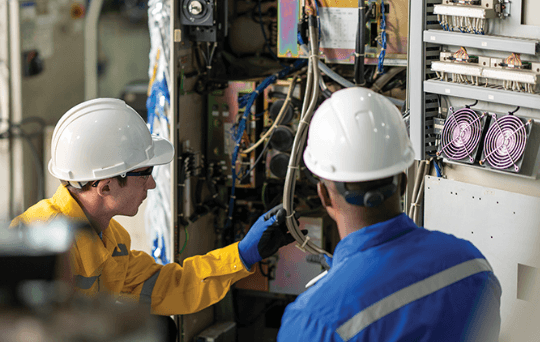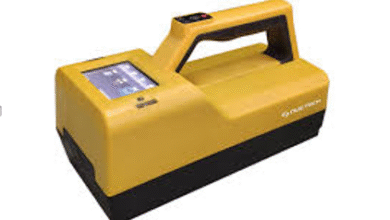
Electrical safety is an important consideration in any area that requires electrical systems. In industrial, commercial and residential buildings, various electrical equipment should be used safely because unsafe use of electrical equipment could lead to accidents and loss of costly equipment and even some hazards such as fire outbreaks and electric shocks.
Among the various standards developed to enhance electrical safety, NFPA 70 B can be viewed as unique due to its given emphasis to the electrical equipment maintenance. Such a standard aids in making sure that the systems remain dependable and useful over a particular period—via focusing on several aspects of maintenance.
However, NFPA 70B doesn’t work independently. It works in conjunction with other electrical safety standards to provide a system of protection that is in place throughout every stage of installation, usage, and maintenance of electrical equipment. It is important to recognize the relationship of NFPA 70B to these other standards in order to have safe electrical environments.
NFPA 70B and NFPA 70 (National Electrical Code)
The NEC along with NFPA 70 addresses the installation of electrical wiring, generators and many more related matters. While NFPA 70B is a standard that provides guidelines on maintenance practices, the NEC standard is mainly aimed toward checking if electrical systems have been installed with compliance to certain set measures on safety. Both standards complement each other by providing safety measures throughout electrical systems installation (NFPA 70) and maintenance (NFPA 70B).
See also: Compact Scissor Lifts: The Smart Choice for Your Telford Projects
NFPA 70B and OSHA Standards
In every workplace, electrical safety is regulated by the rules of the Occupational Safety and Health Administration (OSHA) and, for the most part, all its requirements match those of NFPA 70E. While OSHA does not strictly necessitate adherence with NFPA 70B, it is helpful to follow its recommendations for electrical equipment maintenance—since it assists organizations in addressing the general necessities of OSHA’s electrical safety standard. The recommendations provided by NFPA 70B are aligned with OSHA’s main concepts of prevention to minimize risks of electrical danger in the workplace.
NFPA 70B and IEEE Standards
IEEE publishes standards that address electrical engineering practices, of which one of them covers electrical maintenance. A close relationship exists between NFPA 70B and IEEE standards as it supplements NFPA 70B with additional specific guidelines for electrical equipment’s reliability and safe maintenance. IEEE standards largely cover system design and functionality, while NFPA 70B maintains the functionality of these systems, ensuring their safety throughout their lifespan.
Conclusion
NFPA 70B is very relevant to the general concept of electrical safety as it makes sure that the equipment is properly maintained to avoid becoming a cause of electricity-related incidents. This interconnection with other standards including NFPA 70, NFPA 70E, OSHA regulations and IEEE underlines the need to apply broad strategies in the area of electrical safety. Even though each addresses a different aspect, all of them provide the overall scheme for keeping electrical systems safe, reliable, and functional throughout their life cycle. Following the guidelines provided by NFPA 70B, organizations can reduce the risks of electrical breakdowns, protect employees, and ensure compliance with several electrical safety standards.




